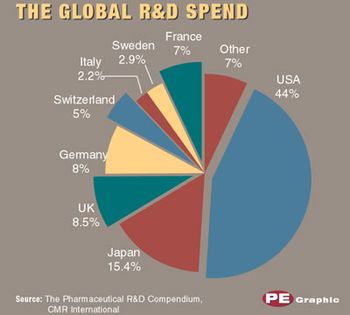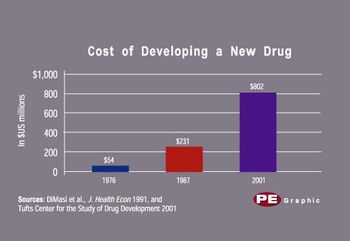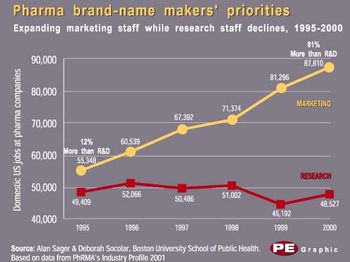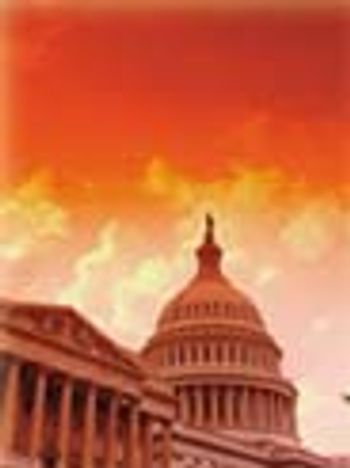
Washington DC-In addition to launching an ad campaign backing adoption of a Medicare drug benefit, PhRMA is expanding its state lobbying efforts to block local prior authorization requirements. As more states face huge shortfalls in Medicaid budgets because of declining revenues and rising healthcare costs, they seek to cut spending on prescriptions. That means more restricted formularies and rebate requirements, with prior authorization imposed on doctors to limit prescribing of therapies that fail to offer sufficiently attractive deals.




